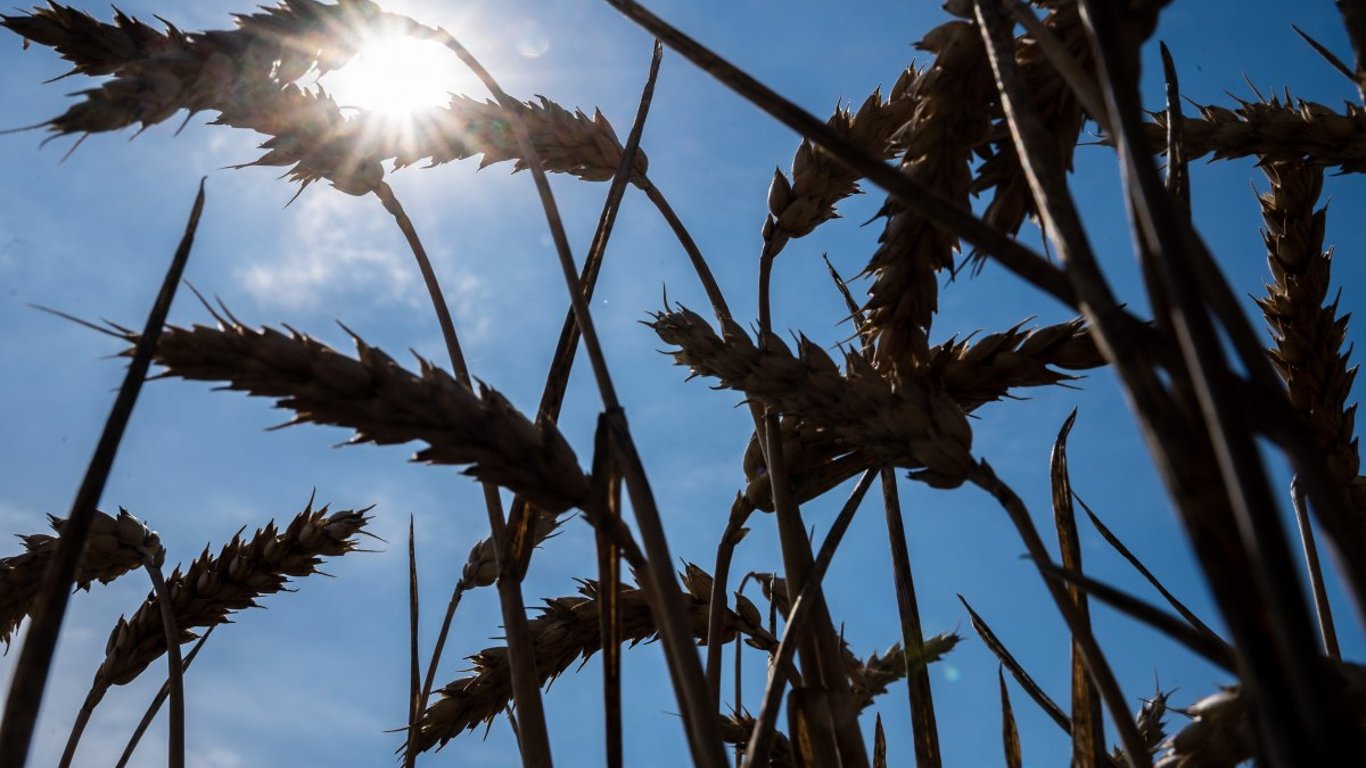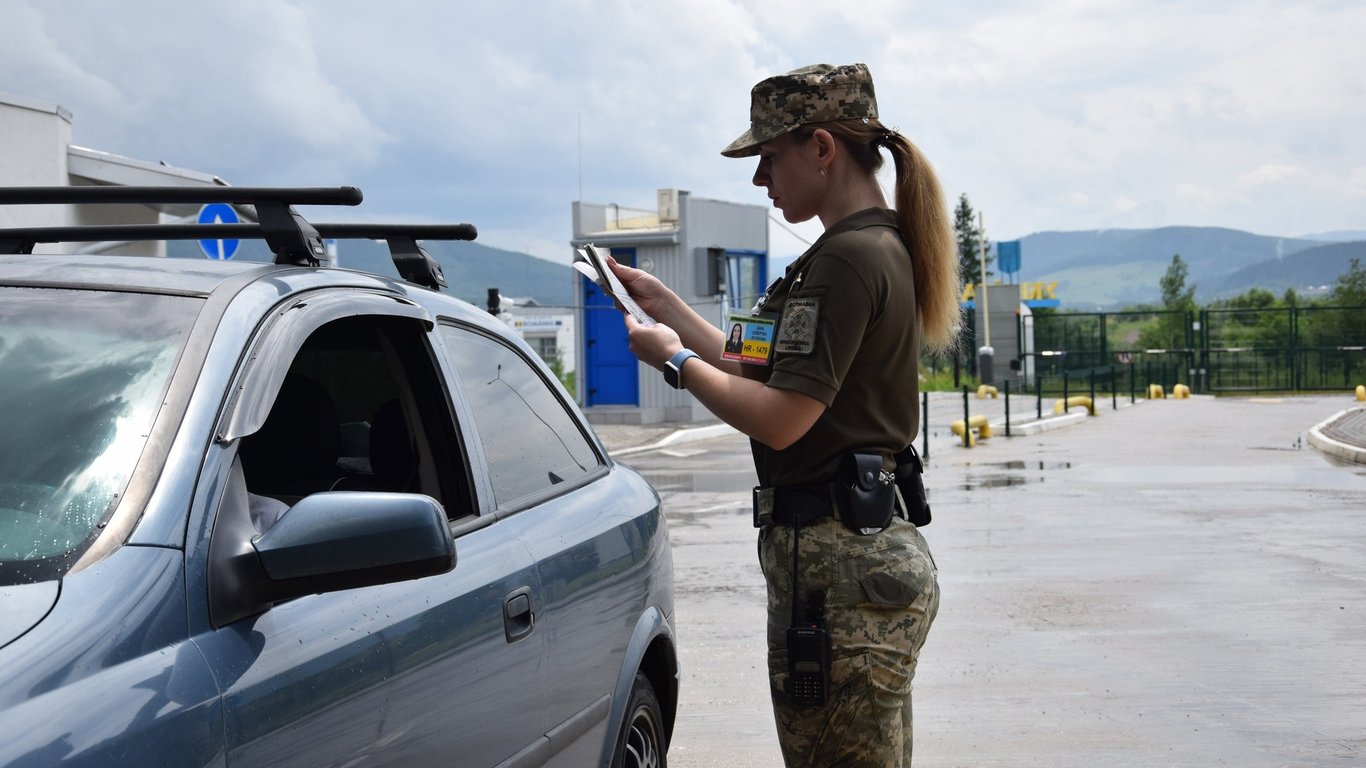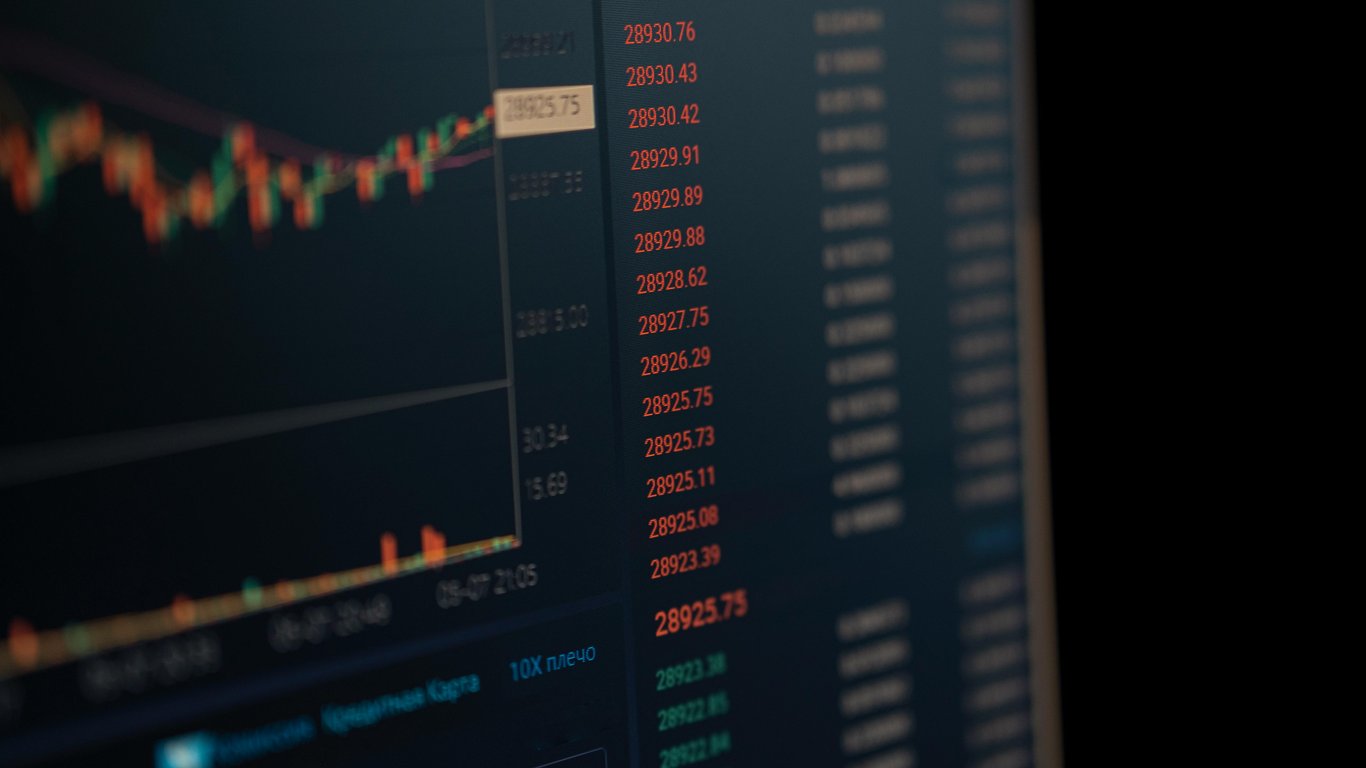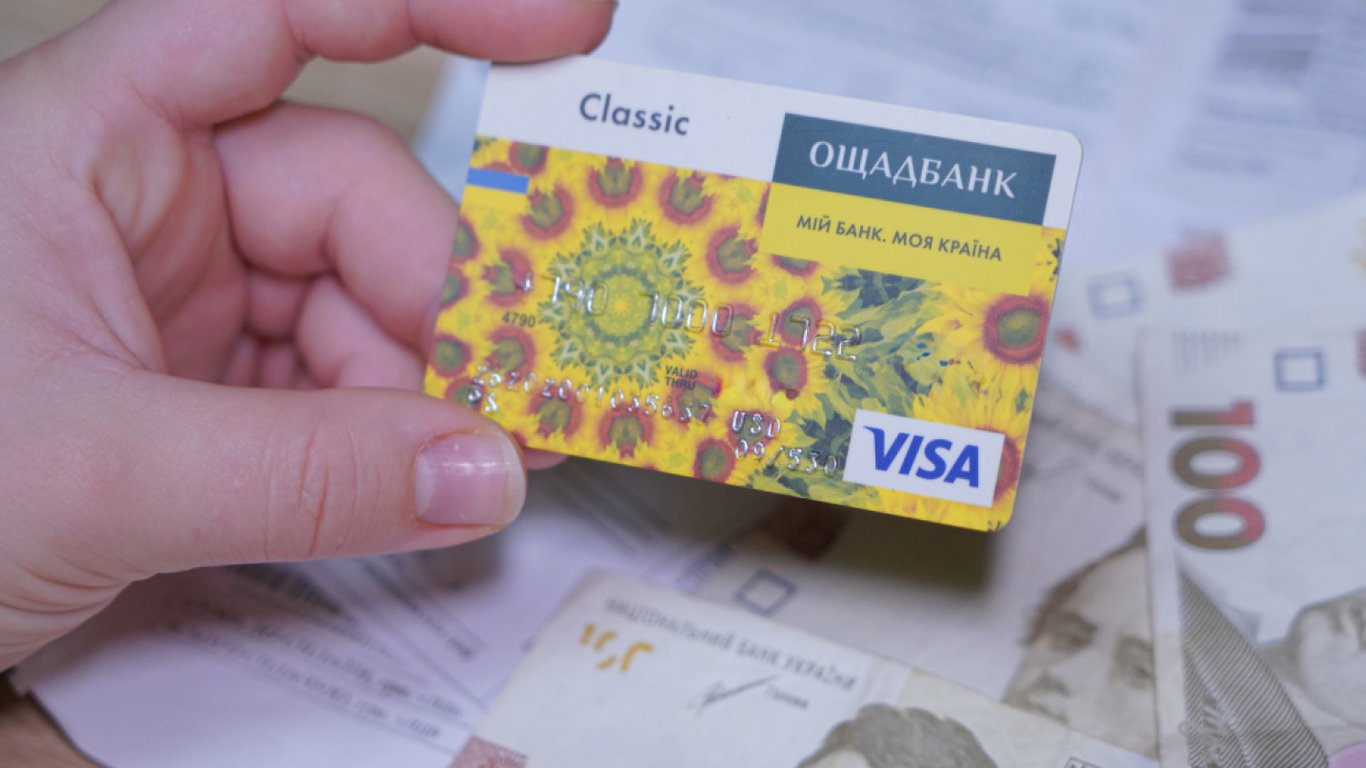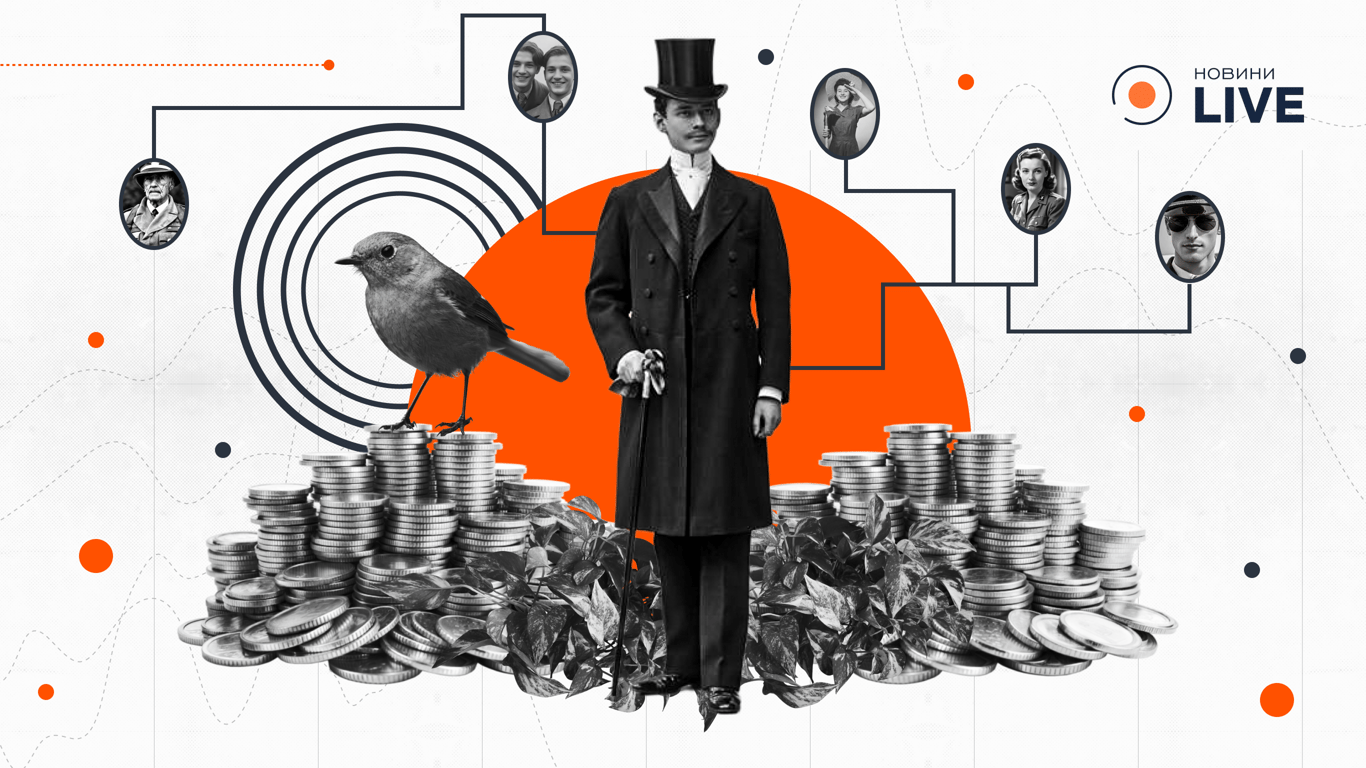Winter holidays 2025-2026: when Ukrainian students will go on vacation.

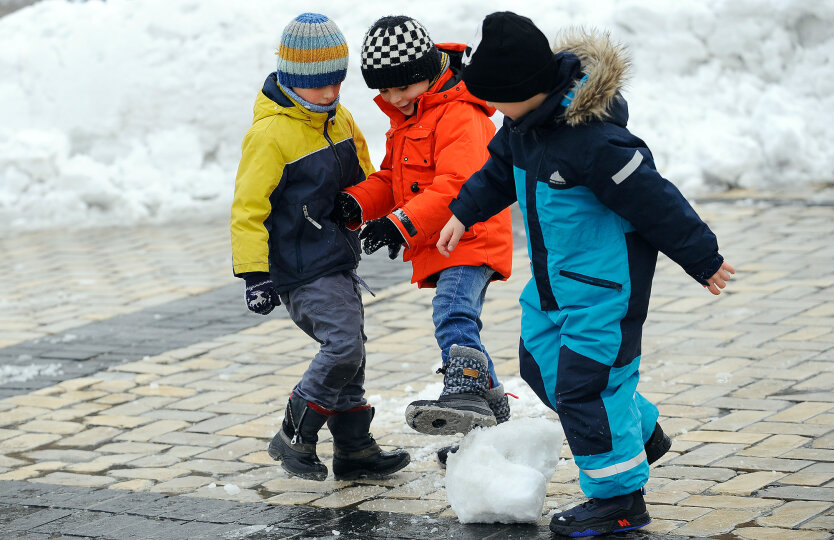
Kyiv schools recommend conducting education in person
This academic year, it is recommended for Kyiv residents to organize the educational process in schools primarily in person. This was stated by the Deputy Head of Kyiv City State Administration Valentyn Mondryiivskyi.
This decision is due to the significant improvement in the safety of educational institutions.
Over the past two years, the capacity of shelters in Kyiv schools has increased by 67 thousand places, significantly enhancing the level of protection for students. This has been a key factor in deciding the advantages of in-person learning for students' socialization and preventing educational losses.
Academic year calendar established
The academic year calendar has been officially established. The first semester will last from September 2 to December 21, 2024, and the second from January 13 to May 30, 2025. The alternation of educational periods and holidays is planned: winter holidays will be from December 23, 2024, to January 11, 2025, and spring holidays from March 24 to March 29, 2025.
For first graders, additional week-long holidays are planned from February 17 to February 22, 2025. Mondryiivskyi also emphasized that the new academic year will include not only traditional lessons but also compensatory classes, individual and group consultations, educational excursions, and project activities.
We also emphasize: in Ukraine, the school curriculum is undergoing radical reforms - which subjects will be allowed to choose.
Read also
- Grain Prices in July - Why Feed Wheat Has Become More Expensive
- All money is confiscated — what currency can be seized at the border
- Iron ore prices rise — what is happening in the market in July
- Clients are losing money from their accounts — what Sberbank advises
- Selling an apartment - how not to lose everything due to one clause in the agreement
- Cultural Code of Money — How the Past Influences Finance
